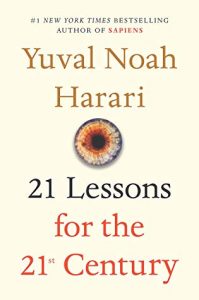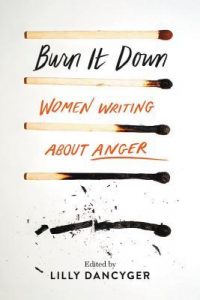 Ah infidelity, that age-old device.
Ah infidelity, that age-old device.
So of course it’s no surprise in Intermezzo (1936), when the older famous violinist, Holger – happily married with children he adores, something that is established in the first few minutes of the film or so it felt – falls in love with Anita, his daughter’s youthful piano teacher. It’s the “second spring” trajectory that has been rehashed again and again before and since this film, and yet!
I found that the portrayal of both parties was rather sensitive and well done: although it does adhere to the good ol’ “Older Man Falls For Young Woman & Rediscovers His Love of Life/Living, Leaving His Wife & Children For His Second Spring” trajectory (… spoiler alert?), if there’s one word I can use to describe the way the affair and the characters are portrayed in this film, it’s that it’s incredibly generous. Holger, a famous violinist and quite absent father (due to his tours) returns home and promptly falls in love with his daughter’s piano teacher (while she’s playing the piano, of course). It’s not particularly inventive, but Gustaf Molander did a pretty fine job with character development as the relationship progressed in the film, especially with Anita’s character (Ingrid Bergman). Gösta Ekman (Holger) is spectacularly expressive, cementing straightaway that Holger loves his family, adoring especially his daughter, and I enjoyed this expressiveness quite a bit throughout the film. I’ve read a couple reviews saying it was a bit on the slow side overall, but I never felt it was a drag to watch.
OK, actual spoiler alert coming up ahead, so if you have yet to watch the film (it’s from 1936, so there’s been plenty of chance to watch it since its release) and would like to watch it without knowing what happens (even if it’s painfully obvious with multiple foreshadowing elements spoken by the characters – mostly by Margit, actually), skip the following paragraph below the cut.

